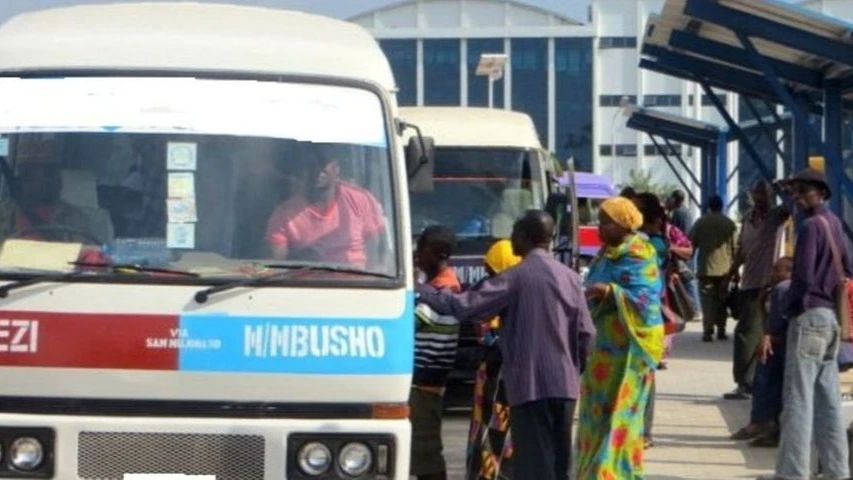Formulating quality policies for youth prosperity not easy matter

WHILE it is clear that it is of vital important to offset the youth employment time-bomb ticking away across Africa, no country can be said to have struck the right formula on the issue.
This is in part an issue of traditions in that there are convictions set at crucial moments of change in the past, like arriving at independence or similar moments thereafter, to form the cadre of policy-making.
Trouble is that when things turn sour owing to traditional models of society, everyone among the youth dreams of going to precisely the same countries which their elders saw as having bad social structures and collective outlooks.
Good economic structures are situations where anyone wishing to work can find a niche to do so, but many middle and even upper income countries have a quarter of the youth lying unemployed.
Multilateral agencies are often of little help as they dole out assistance for youth groups to countries, either directly officially in the form of ‘Budget support’ or indirectly via non-governmental agencies.
In situations where such support would be in the form of bank loans backed up by usable collateral, not a house, piece of land or even street trading space with vertical deck infrastructure where a youth has a user title for at least one year, would likely qualify for loan provision.
Yet all such use of space interferes with municipal prerogatives where officials aren’t seeking to help the youth but, to the contrary, to clear them out.
The situation is seen interminably in urban areas, where the youth are periodically swept away – only to “swing back” time and again.
They once were a novel group hawking or distributing scarce goods, but in recent decades they impede licensed businesses from doing business.
Looking at youth movements and policies espoused at that level, it is hard to see if the generational difference is of much use in economic or political clarity.
Various opposition parties are habitually built around the youth, not because they have new ideas but rather because they are more daring. It is at times hard to focus on a clear perspective when they ride wavey of nearly spontaneous protests.
While the waves of their protests may be clear about what they are against, all one needs to do is to scratch them just a bit more to hear of the real bones of contention.
It might be corruption at high places, with bribes leading to skewed redistribute of money and other resources and standing as the major reason for poverty or unemployment.
The crucial parameter here is that investment activity is halted by entities or even individuals dominating resources that could yield thousands of jobs while they only employ hundreds or much fewer.
Youth agencies, when they meet, can’t figure out such limitations but set the case for usually elusive cash handouts to eke out a living.
The much-loathed vicious cycle of poverty and despondency then rolls on, but without that being enough cause for giving up on efforts to moot, devise and implement better-performing and therefore more effective ways out of the mess.
Top Headlines
© 2024 IPPMEDIA.COM. ALL RIGHTS RESERVED

















